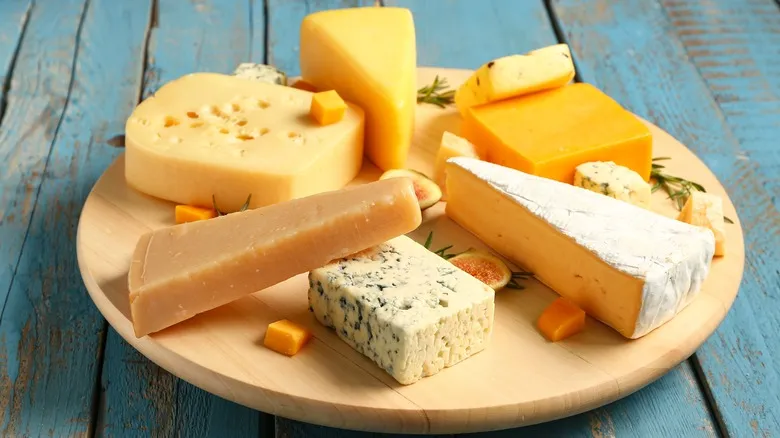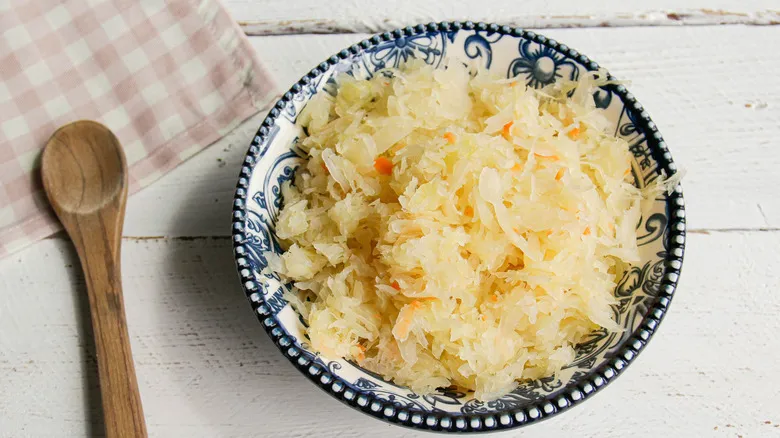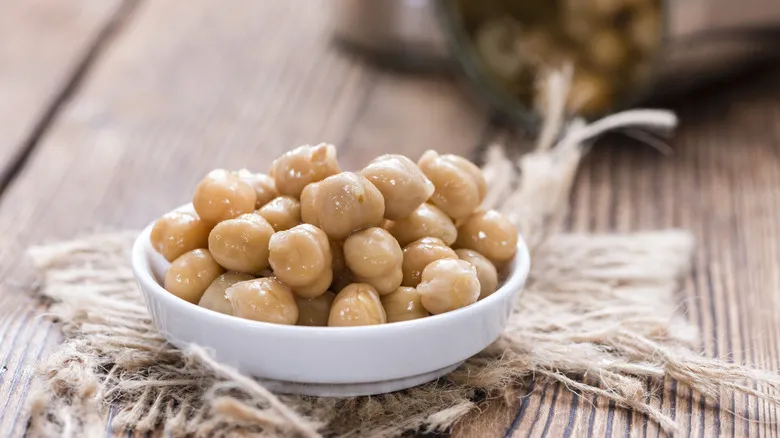The best cheeses to choose if you are lactose intolerant

As charcuterie and cheese boards gain popularity, it can be challenging to decide what to sample from a platter while mingling at a gathering. Fortunately, lactose-friendly selections often take center stage on these boards. Despite their rich and creamy nature, Brie and camembert are excellent choices, as the aging process allows the bacteria in these cheeses to break down much of the lactose. Likewise, sharp cheddar and gruyère are aged hard cheeses that are safe to enjoy from a cheese board.
For everyday hard cheeses to incorporate into your meals, there are plenty of options available. Pecorino Romano is nearly lactose-free and makes a fantastic addition to pasta or salads. Many popular melting cheeses, such as gouda and provolone, also have low lactose content. Classic favorites like cheddar and Swiss are perfect for sandwiches and are notably low in lactose as well. Additionally, it's worth mentioning that the well-known Babybel cheese brand is lactose-free, as the lactose is removed during the draining and fermentation stages.
However, as with all things, moderation is essential. Even cheeses with minimal lactose can accumulate over time. The NIH suggests that individuals with lactose intolerance can generally handle up to 24 grams of lactose in a single day. Keeping this in mind, make thoughtful choices when selecting your cheese.
Recommended

The Fascinating Science Of Sauerkraut Fermentation

What Is Pine Mouth And How Long Does It Last?

Is It Safe To Eat Yellow Chicken?

A Bit Of Baking Soda Is The Secret To Soft And Creamy Canned Chickpeas
Next up

